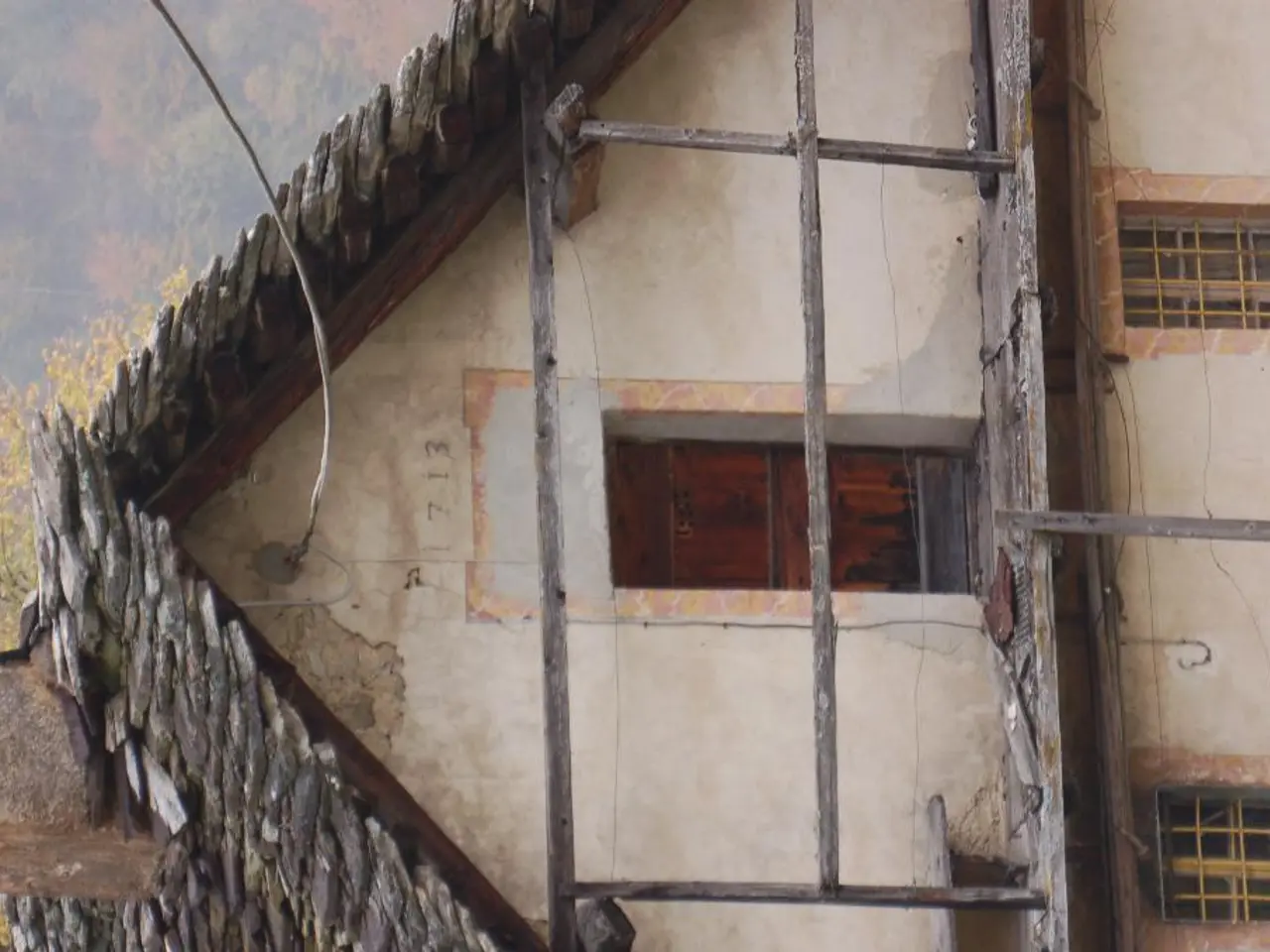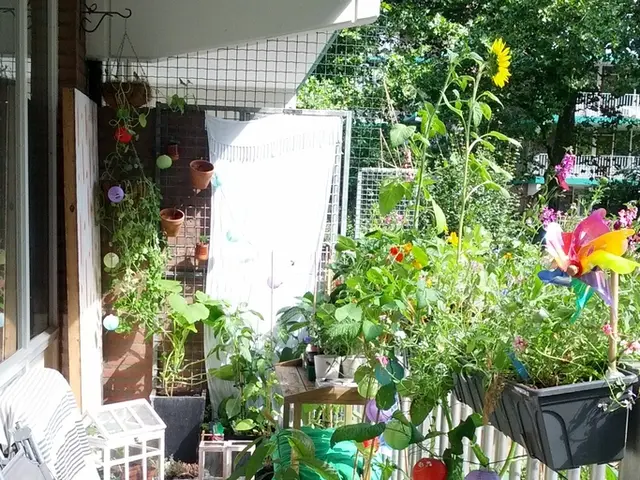Old Age Reconstruction Program (KfW 159): Focusing on reconstruction for the elderly population
The KfW, a German development bank, is currently offering two funding opportunities for barrier-free renovations in Germany: the KfW 159 loan and the KfW 455 investment grant.
**KfW 159 Loan (Barrier-Free Renovation - Loan):** - A low-interest loan of up to €50,000 per residential unit can be applied for. - The loan is used for financing measures towards barrier-free design or the conversion of a property into an age-friendly home. - The exact interest rates have been adjusted as of July 16, 2025, but remain more favourable than regular construction loans[1][3].
**KfW 455 Investment Grant (Barrier Reduction - Investment Grant):** - For individual measures that reduce barriers in the living environment, the funding is 10% of the eligible costs, up to €2,500. - For the "Age-Friendly Home" standard, the funding is 12.5% of the eligible costs, up to €6,250 per residential unit. - The grant directly reduces costs and does not have to be repaid[1][2].
It is important to note that **the loan and grant cannot be combined for the same costs**. This means that a single project can only be funded through one of the two programmes to avoid double funding[1].
Key points to consider: - The funding application must be submitted before construction begins[2]. - Additionally, there are separate funding options for people with recognised care needs from health insurance providers for home environment improvements[2]. - Renovation costs can be claimed tax-free under certain conditions, such as through labourer costs or extraordinary burdens[2].
In summary, these programmes provide low-interest financing up to €50,000 and direct grants up to €6,250 per residential unit for barrier-free renovation projects. In this way, the KfW supports owners in their age-friendly and barrier-free modernisation of their living spaces[1][2][3].
Eligible measures include room restructuring, such as widening door frames and removing thresholds in interior rooms, as well as consultation by an expert before starting the project or purchasing a barrier-free modernised property. Other eligible measures include renovation in the bathroom area, such as installing level-access shower cubicles, as well as measures at the apartment entrance and entrance, such as canopies for weather protection and burglary protection. The investment grant KfW 455 is subject to the availability of funds in the promotion pot. Other ineligible properties include holiday homes, apartments, commercial areas, and care and senior living facilities. Eligibility for a KfW loan for purchasing a residential property that has been barrier-free modernised in the last 12 months is possible, but only if explicitly stated in the purchase contract. The grant was reactivated in October 2014, after it was discontinued at the end of 2011. Barrier-free living measures, including installing stairlifts, are also eligible. The current interest rate for KfW program 159 ranges from 2.27% to 3.39%, depending on the term and duration of the interest rate (as of July 23, 2025).
- The KfW's funding opportunities extend to various aspects of lifestyle, including health-and-wellness and home-and-garden, as they offer support for barrier-free renovations, promoting a aging-friendly environment.
- In the realm of finance, KfW offers the KfW 159 loan, a low-interest funding option, providing up to €50,000 per residential unit for projects focusing on fitness-and-exercise through adjusting living spaces for accessibility.
- Furthermore, the KfW 455 investment grant directly reduces costs by offering funding for eligible measures in the health-and-wellness and home-and-garden sectors, promoting a overall wellness and ease of living through age-friendly home improvement grants.
- It is worth noting that the KfW's funding opportunities also impact the broader science sector, as they encourage research and development in the area of aging, contributing to a greater understanding of how environmental design affects the quality of life for the elderly.




